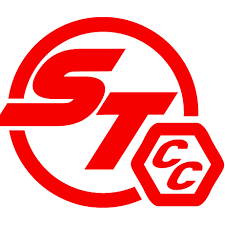Traditionally, the aftermarket has been able to offer improved slowing power because the engineers of mass-produced cars have to fit brakes that fall within a budget set by their company’s accountants. But improved safety legislation and higher customer expectations have raised the OEM game. The more switched-on marketing departments are even promoting their own trackdays for owners, so a very high standard of braking in extreme conditions has become more desirable and therefore fiscally acceptable.
At the top end of the aftermarket, Surface Transforms is marketing what it claims is the ‘next generation’ of carbon-ceramic discs. Instead of short strands of chopped carbonfibre, the Liverpool-based firm uses long strands that have superior heat conductivity; they’re combined with a carbon-silicon carbide ceramic. The company calls the resulting material Carbon Fibre Reinforced Ceramic, or CFRC, and reckons its discs run at operating temperatures 100C lower than regular carbon-ceramic discs and offer far greater longevity. The BAC Mono uses CFRC discs and Surface Transforms is a technical partner on the Aston Martin Valkyrie hypercar project.
Surface Transforms plc (LON:SCE) is a manufacturer of next-generation carbon-ceramic brake discs for automotive and aircraft applications and has been certified to IS9001-2000 since 2008 and was certified to TS16949 automotive quality accreditation and AS9100C aerospace quality accreditation in 2015.

